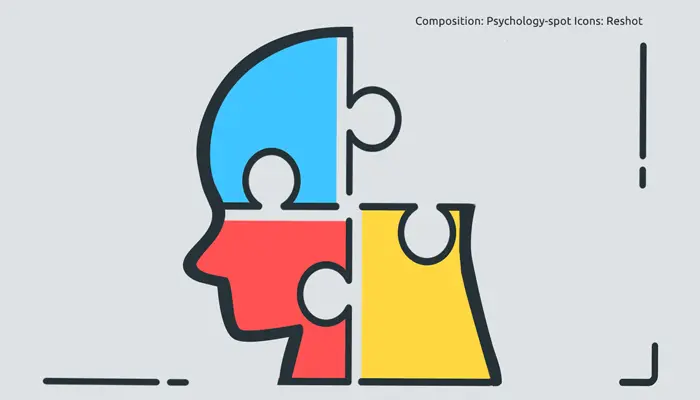
It will probably be happened more than once: you are speaking and suddenly get stuck, a memory lapse, simply you don’t know what to say, it is as if all the information in your mind had been deleted at once. It can happen when we are speaking in public, or when we are in a very important event for us as an exam or a job interview.
What happens in the brain when we forget the words?
There are several reasons why we find ourselves with an empty mind. In fact, in some cases it is an aging signal, other times it is a symptom of a neurodegenerative disease.
But usually it is due to stress and anxiety. In fact, it is a common phenomenon when we expose ourselves to a strong emotional stress, because of an excessive responsibility or the situation worries us greatly.
The problem is that when we feel anxious the process of our thoughts changes and we enter into what might be called the “reactive mode”. In these cases, our muscles get tensed, senses become more acute, and there are changes at neurochemical levels that allow us to react physically faster, but all these phenomena do not help the memory.
One of these changes is the release of corticosterone, a hormone that comes into play especially in situations of stress, fear and anxiety, or when we remember a “traumatic” event of the past. This hormone is synthesized in the adrenal cortex and among its functions is precisely that to block the systems for recovering information.
The corticosterone affects the operation of the different areas of the brain, including the hippocampus, which is crucial for memory, the amygdala, associated with emotions, and the cerebral cortex, which is involved in memory retrieval. Moreover, neuroscientists at the University of Bordeaux saw that corticosterone literally floods the hippocampus 15 minutes after being subjected to acute stress.
In this regard, it was discovered that if the glucocorticoid are administered before a learning test, it is easier to recover the information. In addition, this hormone also influences the duration of memory lapses, which can sometimes reach the 90 minutes. This is why the data we could not remember during the exam, a job interview or presentation, re-emerge easily later, when we are more relaxed.
How to avoid this situation?
As you can imagine, the best strategy to avoid having memory lapses is to control the stress. So if you know you’re going to face a situation that creates stress and anxiety, you may first practice some relaxation techniques or breath control.
It will also help you not to adopt a hyper-critical discourse toward yourself, because maintaining constantly this dialogue in your mind will end saturating the brain, which will produce a loss of memory in an attempt to reset itself.
Another trick is to try to retrieve the information in the same way that you have acquired it. In fact, one of the most common mistakes for which we don’t remember a thing is because we are looking in the wrong memory cluster. In practice, we try to activate a circuit that was not used during learning, for this reason we can’t find what we’re looking for.
Sources:
Marks, W. N. et. Al. (2015) The effect of chronic corticosterone on fear learning and memory depends on dose and the testing protocol. Neuroscience; 289:324-333.
Chauveau, F. et. Al. (2010) Rapid stress-induced corticosterone rise in the hippocampus reverses serial memory retrieval pattern. Hippocampus; 20(1):196-207.



